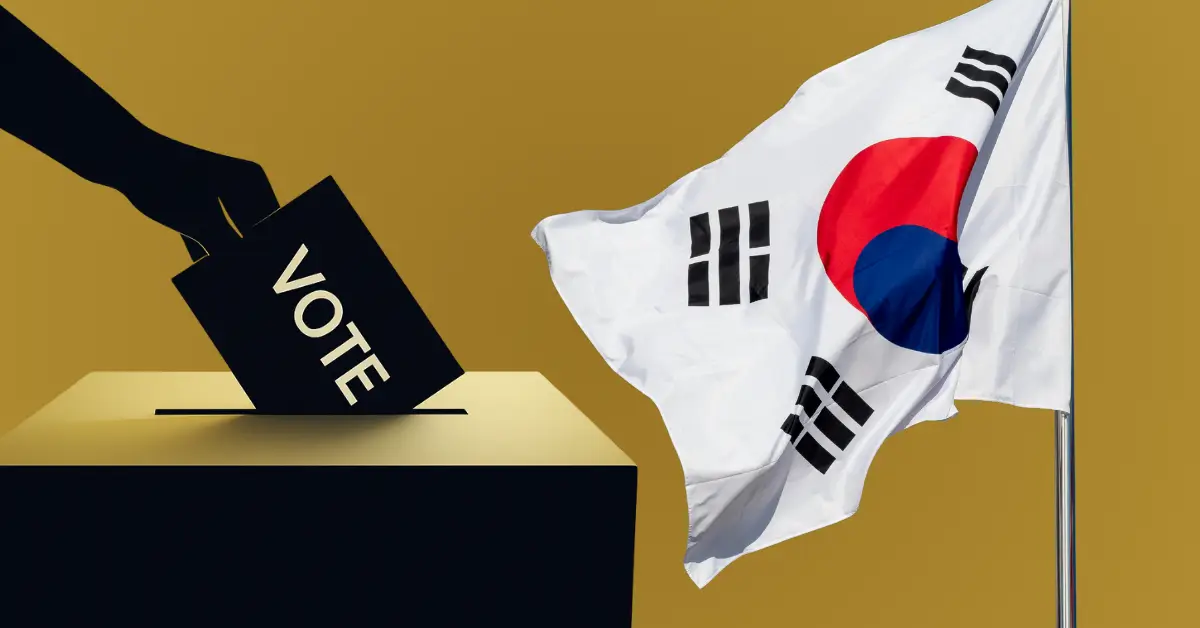Crypto has emerged as a dominant theme in South Korea’s presidential election, reshaping campaign priorities. The Democratic Party is pushing digital assets to the forefront, forming a Digital Asset Committee to lead policy reform.
This committee met for the first time on May 13 at the National Assembly in Seoul. Lawmakers, regulators, and larger crypto exchange leaders from Upbit, Bithumb, Coinbit, and Gopax were in attendance.
The group seeks to place crypto regulation under presidential authority and expedite core legislation. Lawmaker Min Seok, who heads the committee, said her aim is to achieve real policy outcomes rather than just debate.
He criticized the “one exchange, one bank” setup, which has been used to hinder industry growth. The committee has begun working on the “Stage 2 Bill” law, which is seen as reshaping digital asset governance.
Also Read: SEC Delays Solana Trust Approval as Big Players Flood Market With Buys
Stablecoins at the Center of Political and Regulatory Conflict
A key focus of the new policy agenda is stablecoins, especially those tied to the Korean won. Democratic Party candidate Lee Jae-Myung supports the quick entry of a won-backed stablecoin to boost innovation.
However, serious public concern remains after Terra-Luna’s downfall. It is argued that stricter laws are needed before similar assets are brought in.
There has been no final decision yet on whether stablecoins should be licensed or registered. Arguments also continue about whether the Bank of Korea or the Financial Services Commission should monitor them.
A few days before the committee meeting, the Bank of Korea called for a prominent role in regulating stablecoins. The authorities warned that the exclusion of CBN may jeopardize national financial stability.
Crypto Policy Becomes a Key Battleground for Presidential Candidates
The Digital Asset Committee has two major groups, one for tech innovation and the other for regulatory systems. Four groups are in charge of user protection, legal reforms, industry expansion, and international cooperation.
More than 16 million South Koreans participate in crypto, which is why digital policy is a potent electoral issue. Lee Myung and Kim Moon-soo have both promised reforms related to crypto development and investment.
Kim has indicated an affirmative attitude towards the availability of public funds to digital assets. His campaign also includes a strong regulatory update to boost industry confidence.
Digital assets are no longer a secondary subject in South Korea’s election. The next administration will define the country’s crypto future.
Also Read: Here Is Why XRP Price Is Going Up Today
